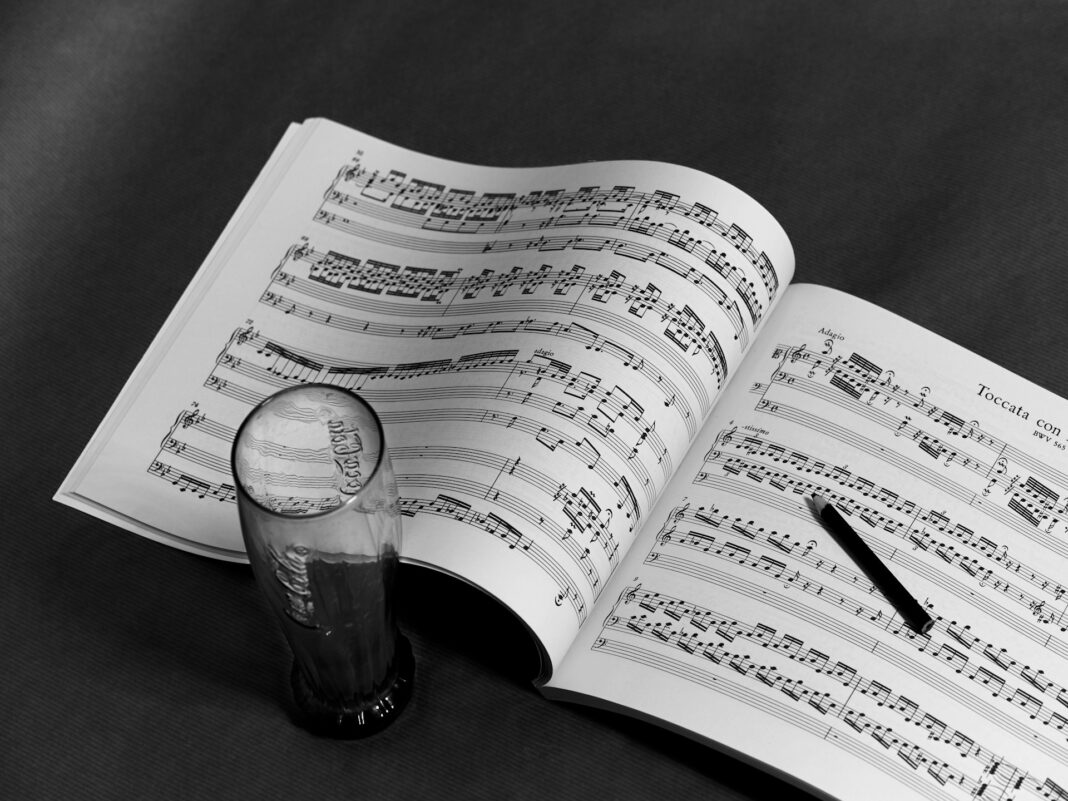HOLLYWOOD—I have been hearing about the performances in this movie for quite some time now, so I was pleasantly pleased with what I witnessed upon watching the movie, “Maestro.” For those not in the know, the film tells the story of legendary composer and conductor Leonard Bernstein. I wanted to do a bit of a history on Bernstein because I had heard the name but didn’t know much about the man behind the legend.
He was one award short of an EGOT (Emmy, Grammy, Oscar and Tony), he was missing the Oscar for those who didn’t know. He was the brains behind the widely popular musical “West Side Story,” and composed the score for the Marlon Brando story “On the Waterfront.” Bernstein was a talent, and a lot of people were unaware of that. Bradley Cooper is sensational in this movie. Why?
Not only does he look the part, but he melts into the role, and it has been a very long time since I can say an actor made me forget they were acting. Cooper made me believe he was Bernstein, and it was not just the diction, tone and makeup it was the mannerisms and the charisma he brings to the character. To his counterpoint is Bernstein’s wife Felicia Montealegre portrayed with precision by Carey Mulligan.
Mulligan is seriously an underrated actress because I adored her in “Promising Young Woman”, and she delivers a knockout of a performance again as Leonard’s distant, intense and tortured wife. I use the word torture because it’s a quiet torch that Mulligan internalizes but it burns a hole on the screen. Mulligan delivers so much emotion in the smallest moment they explode. I could not take my eyes off the character, and when she is on the screen you do not forget her.
At its core, this is a movie about a marriage in crisis and how the husband and wife do their best to hold up a strong front even though there are struggles behind the scenes. Leonard is having dalliances with other men behind the scenes and there are murmurs about Leonard’s sexuality that Felicia dismisses but warns Leonard not to confess the truth to their daughter Jamie who has heard about it. Yes, the audience is introduced to Leonard’s relationship with David Oppenheim (Matt Bomer) at the very beginning of the movie. It is like an unspoken romance, but the looks the two gives to one another would be an immediate sign to others that there is more going on than just music being made.
Not to mention Leonard has a blunt sense of humor during a conversation where he jokes about sleeping with both parents of a kid, it is taken as a joke, but it actually happened. Leonard loved to socialize and be the life of a party and that takes a toll on Felicia as the marriage crumbles slowly. Despite the affairs, lies, partying and drugs, Felicia stands by Leonard despite scolding him in a way that resonates with the audience. There is one particular scene where Felicia drops a few expletives that sting to the core.
I loved that Cooper played with the notion of color and black and white. I think black and white is such a motif in cinema that is underused, and he tells the narrative utilizing that. We see the earlier years of Leonard and Felicia when they were blissfully in love in black and white, there are cracks, but it’s not as explosive as when the film transitions into color in the second half and the cracks are everywhere; in the home, in the public and in the bedroom.
The first half of “Maestro” is stronger than the second half. The narrative hooks a bit more in the first act and a portion of the second act. There are moments in the third act that stand out, but not as potent as in the earlier stages of the film. Cooper is truly starting to prove he has a knack behind the camera and Hollywood should take notice because “Maestro” is just the start of what he can do.






